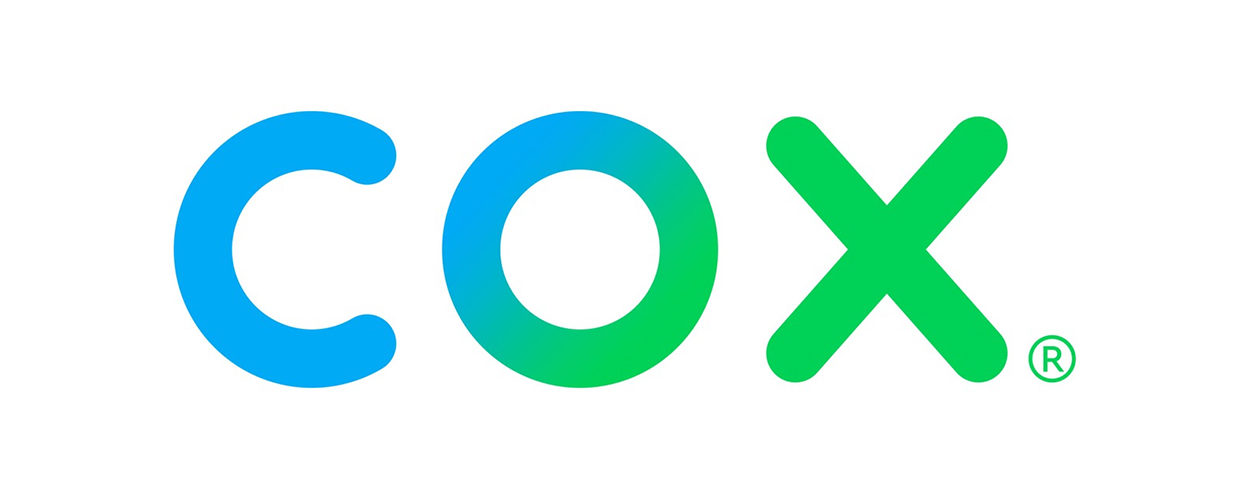This website uses cookies so that we can provide you with the best user experience possible. Cookie information is stored in your browser and performs functions such as recognising you when you return to our website and helping our team to understand which sections of the website you find most interesting and useful.
Business News Digital Labels & Publishers Legal
Majors hit back at latest attempt by Cox to overturn billion dollar copyright ruling
By Chris Cooke | Published on Friday 11 February 2022

The major labels have hit back at the latest attempt by US internet service provider Cox Communications to overturn the billion dollar judgement that was made against it as part of a big old copyright legal battle pursued by the music companies.
In fact, say the majors, the latest legal filing made by Cox last month which claimed “that plaintiffs procured their victory unfairly” is “meritless”. Not only that, Cox’s most recent motion in the case is “as counter-factual and disingenuous as Cox’s failed litigation strategy to portray itself as an ISP that respected copyrights, acted reasonably, and addressed repeat infringers effectively”.
“Cox vigorously litigated this case pursuant to that strategy and lost”, the majors go on. “Cox is not entitled to a ‘do-over’. Its last-ditch, say-anything attempt, based on smearing plaintiffs, plaintiffs’ counsel, plaintiffs’ expert, and a third-party fact witness, should be swiftly rejected”.
So that’s fun. The labels originally sued Cox in 2018 based on the argument that the ISP had a deliberately shoddy system for dealing with repeat infringers among its customer base. That meant the net firm could not rely on the copyright safe harbour to avoid liability for the copyright infringement occurring on its networks. The jury considering the case agreed and awarded the majors a billion dollars in damages as a result.
Cox has been trying to get that judgement overturned ever since. In part by arguing that the labels never actually proved that Cox customers infringed their copyrights. Because if you can’t prove any Cox customers directly infringed music controlled by the record companies, you can’t hold Cox liable for any contributory copyright infringement.
In pursuing that particular argument, Cox has suggested that some key evidence presented by the labels – a hard drive of unlicensed music gathered from the Cox networks by anti-piracy agent Mark Monitor – contained metadata suggesting those music files had been downloaded in 2016. Which would be a problem, because the specific infringement the music companies sued over took place between 2012 and 2014.
This came up during the original court case, but MarkMonitor insisted that the 2016 metadata was there because the files had been copied from the disk on which they were originally stored – between 2012 and 2014 – to a new hard disk in 2016. Cox wanted to investigate that explanation further, and requested “source code and revision history information” from MarkMonitor to assess the reliability and credibility of the evidence it had provided.
However, at the time MarkMonitor said that there was no source code and revision history information to share. But then, last year, in a similar legal battle between the music industry and another ISP, Charter Communications, MarkMonitor revealed that it had, in fact, now found some relevant source code and revision history
“The recently disclosed MarkMonitor source code and revision history data constitute ‘newly discovered evidence’ which may give rise to relief”, Cox told the court last month. So much so, it said, the court should either “enter an indicative ruling … stating that it is inclined to grant Cox’s motion for relief from the judgment, or – at a minimum – that Cox’s motion raises a substantial issue that warrants further consideration by this court”.
But that’s just bullshit, say the majors in their new legal filing. “Cox offers revisionist history in contending that plaintiffs violated a discovery order and made misrepresentations concerning when copies of infringing files on a hard drive produced to Cox in discovery were downloaded”, they write.
And the ‘factual background’ included in the ISP’s most recent filing “strings together snippets of statements without context, omits key aspects of the pre-trial and trial records, and is filled with errors and contradictions”.
More importantly, they argue, there are technical reasons why the MarkMonitor source code and revision history information is irrelevant, and all that was explained and considered in the original court hearing.
“The dates of file downloads simply do not matter in the context of this case because, as fully explained to the jury, files with matching hash values are identical regardless of when downloaded”, they add, getting somewhat technical. “This was a foundation of MarkMonitor’s detection system. And it was on this basis that the jury appropriately found direct infringement by Cox subscribers, whom MarkMonitor detected sharing files with hash values that matched hash values of confirmed infringing files”.
“Cox received the agreement describing what MarkMonitor did, knew the hard drive files had 2016 metadata, and even challenged the evidence before and during trial, on the same failed basis advanced again here”, the new legal filing goes on. “Thus, Cox had every opportunity to explore these issues and conduct robust cross-examination in depositions and at trial in fully and fairly presenting its defence”.
For those – and some other reasons, mainly legal technicalities – the majors want the court to deny Cox’s most recent motion in the case.





